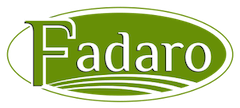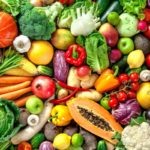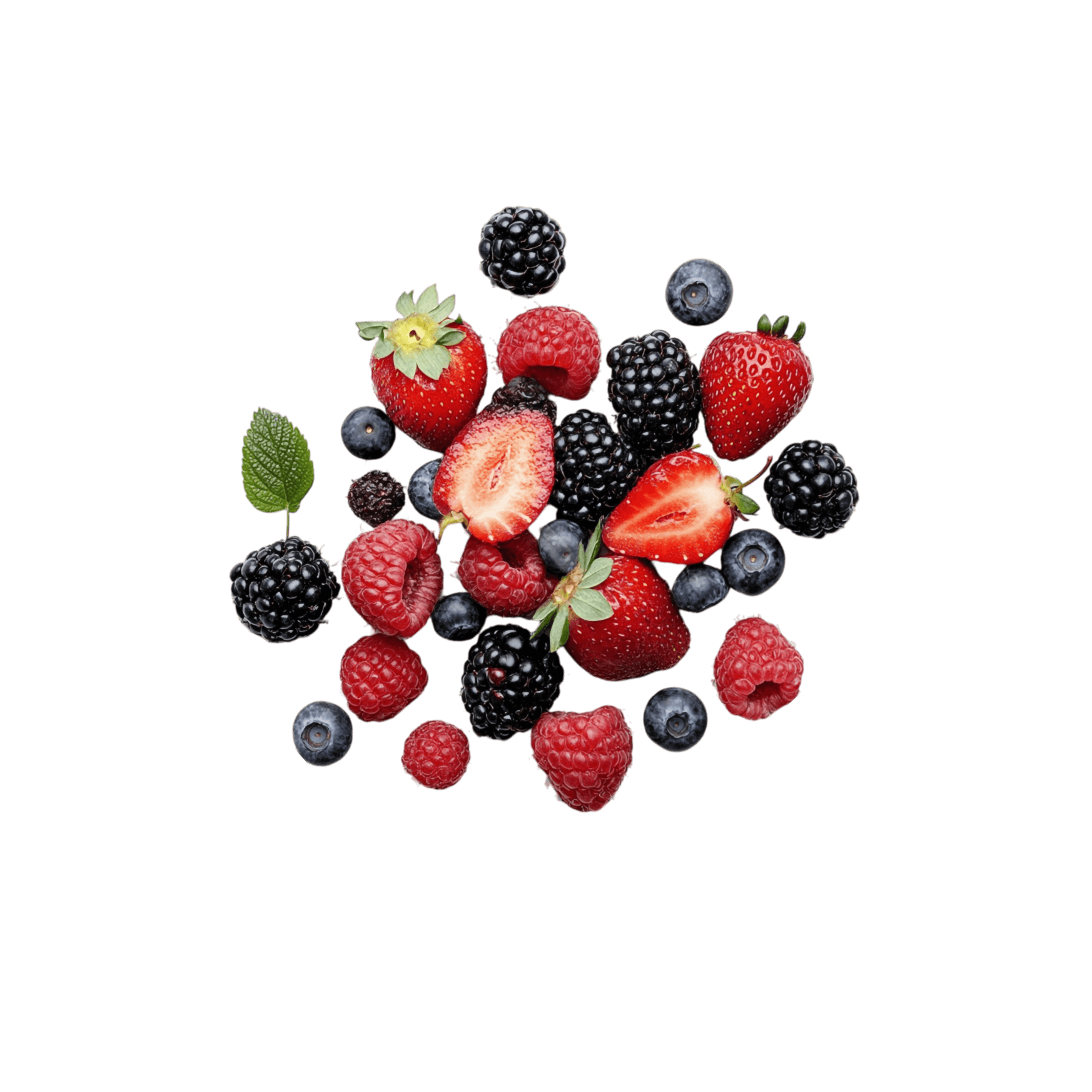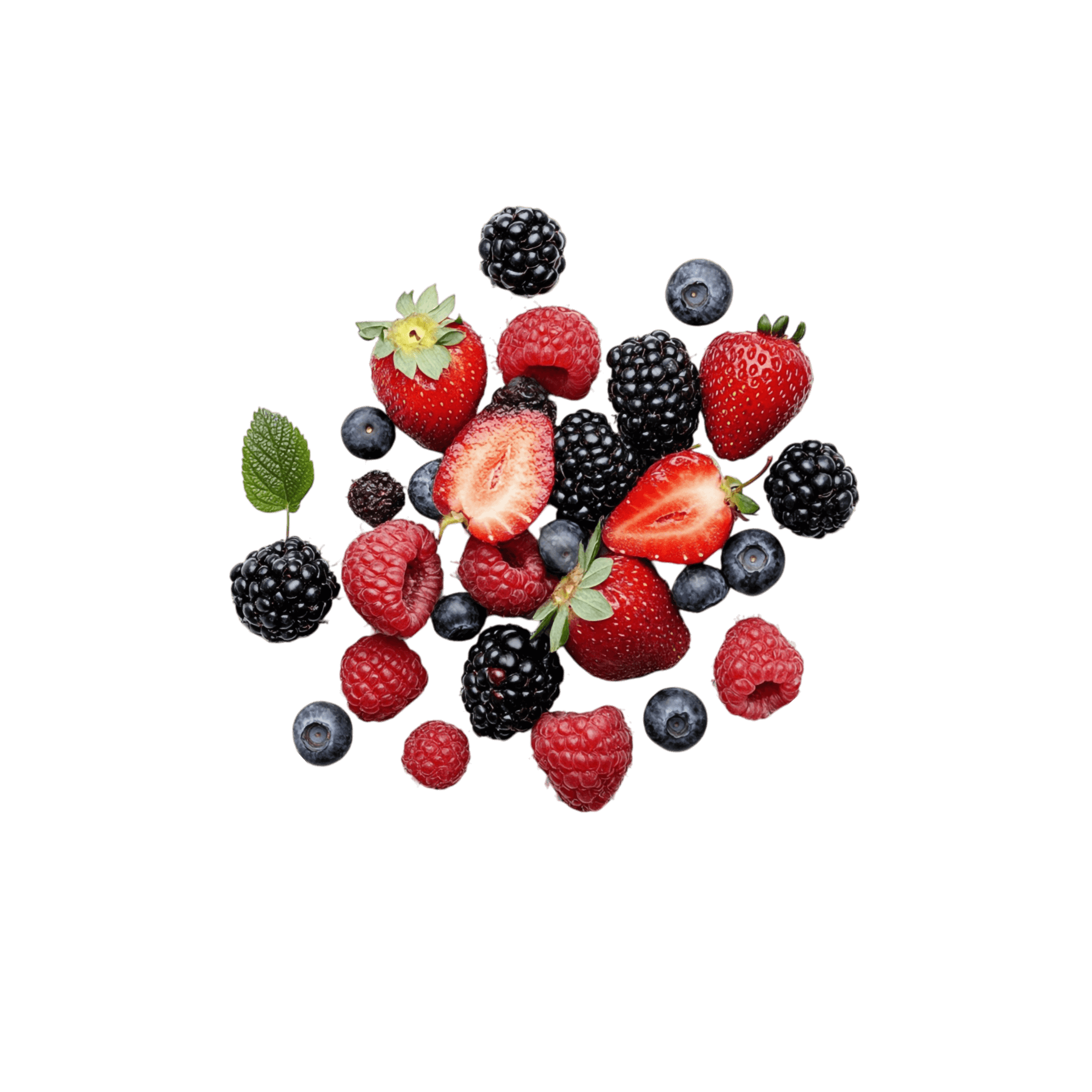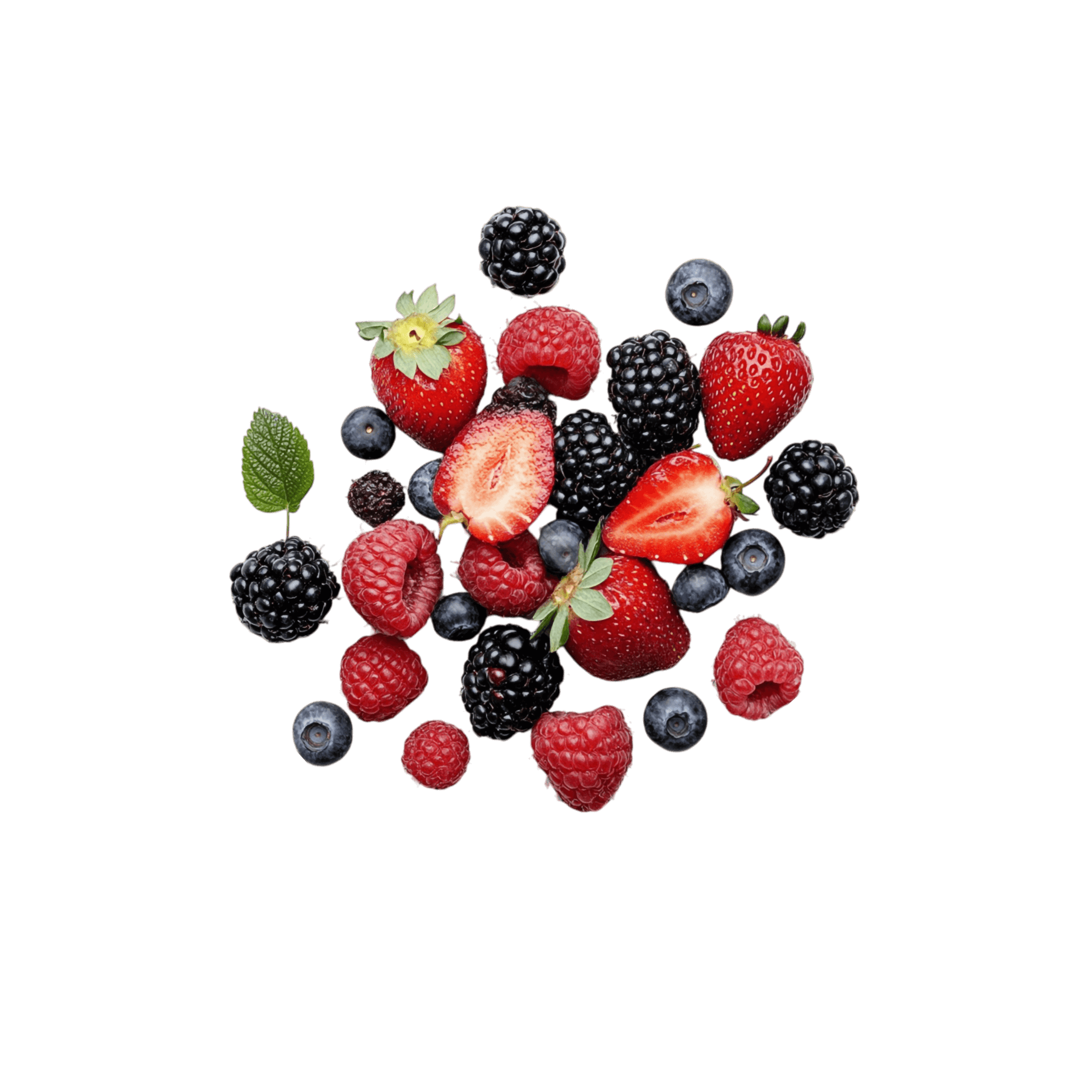How to Develop a Sustainable Food Menu in 2025 | 4 Best Food Practices
What is a sustainable food practice?
As the owner of a restaurant, bar, cafe or any other food/beverage venue, you coordinate and oversee all the operations required to deliver the best products and dining experience to your customers. Even though looking out for the environment may not be at the top of your priorities, you should consider incorporating at least a few sustainable practices (and foods) in your plans. Let’s have a look and see what they are:
1. Consider Water-wise foods
According to MeetGreen data, agriculture in the United States accounts for about 80% of all water consumed. With that in mind, if you’re aiming for a sustainable menu offering, it’s best to include as many water-wise foods as possible. Some water-wise vegetables include onions, eggplant, broccoli, squash, cabbage, spinach, lettuce, and tomatoes. As for fruits, strawberries, apples, pears, watermelon and pineapples are generally considered water-wise.
Additionally, consider minimizing the number of meat items in your menu to reduce water waste, as livestock feed usually takes up a lot of water. If you don’t wish or aren’t able to remove all meat products from your menu, then maybe just opt for a ‘meatless day’ or smaller portions.
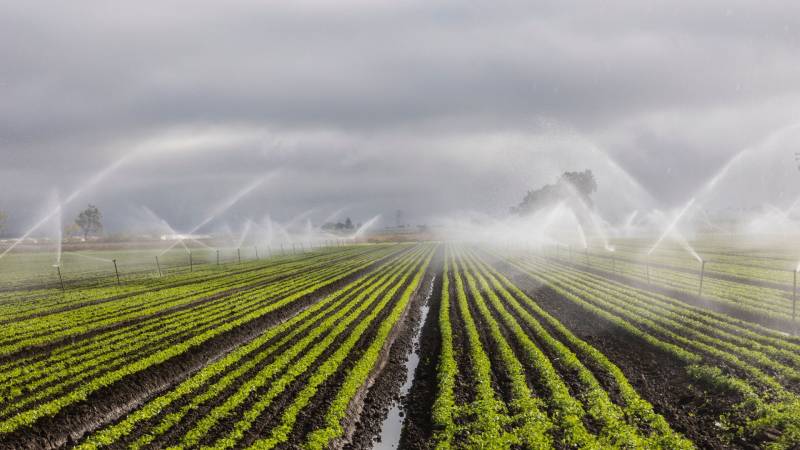
2. Buy Seasonal produce
The next big step in developing a sustainable food menu is to opt for seasonal produce. Fruits and vegetables in season often cost less and taste better. By purchasing produce at the peak of their growing cycle, you play your part in making sure that there is no surplus of produce left at the end of the season.
3. Purchase Local organic produce
Local organic foods are key to a sustainable menu. By purchasing produce that is grown locally, minimally processed and chemical-free, you get the best quality fresh food products for your menu and lower shipping costs as the distance is often very short. Also, by choosing local foods you encourage organic agriculture, reduce food waste and support your local community, which can only provide benefits for you and your business in the future.
4. Using imperfect produce
While some may be reluctant to use less-than-perfect produce in their menu, doing so not only helps reduce food waste but it is also completely safe. Produce that does not match the cosmetic ideal can be used in soups, sauces or smoothies. If you’ve got a surplus of produce that is heading towards the end of its shelf life and looking less than perfect, use it as soon as possible in cakes, juices or even jams.
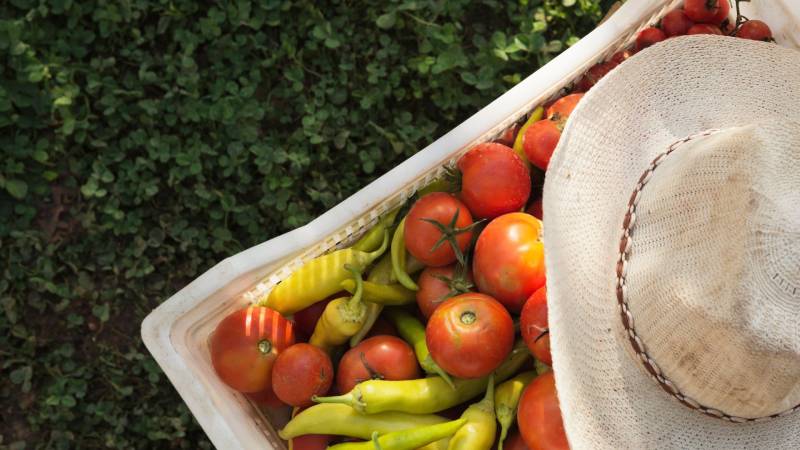
What are the most sustainable foods in the world?
If you’re serious about implementing a sustainable food menu in your restaurant, then you should also be aware of what are the most sustainable foods in the world. Let’s have a look at some of them down below:
Cereals
Because cereals and grains require less water than livestock, and have a lower carbon footprint, they rank high among environmentally friendly foods.
Seafood
Many types of seafood, including mussels, seaweed and fish – can be produced in a sustainable manner. Sustainable seafood doesn’t require land or water to be grown or harvested, so it has a very low impact on the ecosystem.
Mushrooms
Mushrooms are a very low-maintenance vegetable that requires little water and can draw its nutrients even from compost. What’s more, they don’t take up a lot of space to grow, seeing as one acre of land can yield up to one million pounds of mushrooms.
Organic produce
We cannot talk about sustainable foods without mentioning organic produce. Fruits and vegetables grown naturally, using only organic fertilizers are among the most sustainable foods available to us everywhere.
When in doubt, don’t hesitate to contact Fadaro for wholesale orders of fresh, organic produce all year round. Fadaro delivers a full range of products across Manhattan, Queens, Brooklyn, and selected parts of Bergen County, New Jersey.
Purchase these sustainable foods from Fadaro Produce Wholesaler at discounted prices and become the hero of your business.

Fadaros’ editorial team is dedicated to creating high-quality, insightful content that helps food businesses navigate the challenges of the wholesale industry. We aim to empower you with practical advice, expert insights, and resources tailored to your needs. By aligning with our brand’s mission of helping you grow and build a successful future, we aim to be a trusted partner every step of the way, ensuring your success remains our top priority.
